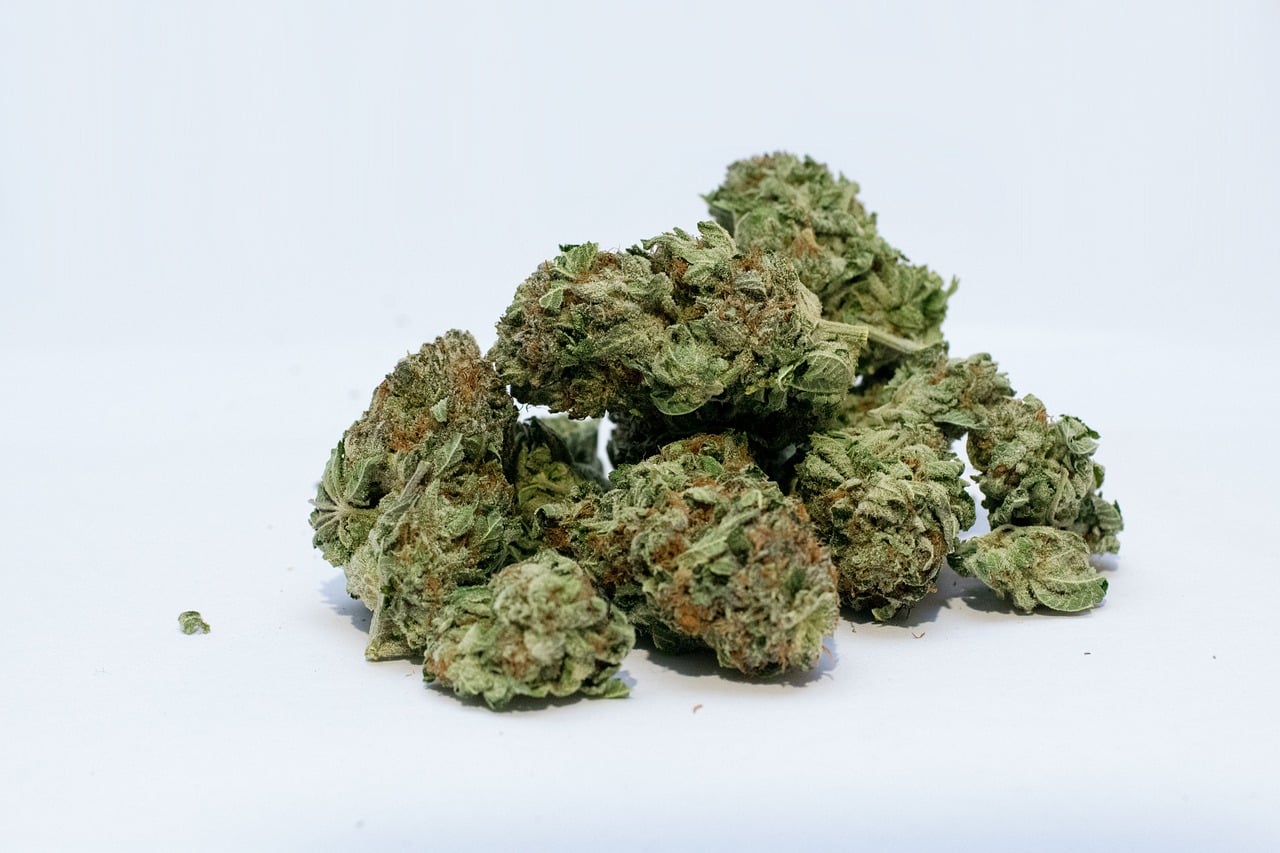New Brunswick, N.J. (Feb. 28, 2019) – Rutgers University experts provide commentary and analysis on proposed legislation that could make New Jersey the 11th state to legalize recreational marijuana use.
The following experts, at Rutgers University–New Brunswick and Rutgers Biomedical and Health Sciences (RBHS) comment on potential economic, philosophic law, political and healthcare impacts of the recreational marijuana legalization proposal:
Q4 hedge fund letters, conference, scoops etc
Lyneir Richardson, executive director of The Center for Urban Entrepreneurship and Economic Development (CUEED) at Rutgers Business School.
Richardson said: “My research leads me to believe that legalized cannabis will quickly be a $40 billion-dollar-plus industry. And the local economic impact will be huge. New Jersey entrepreneurs – particularly entrepreneurs of color – can be expected to build businesses on the leading edge of this growth sector, strengthening inner-city neighborhoods. From my vantage point, the range of entrepreneurial opportunity is extensive. Many will seek to work with the product directly – growing or processing it, selling through a retail location, providing a delivery service, etc. However, I smell the profits that will also be generated from the ancillary products or services like security and irrigation systems for growers and processors, software development, building construction for storage, etc."
Ashley Koning, director of the Eagleton Center for Public Interest Polling (ECPIP).
Koning said: “New Jerseyans are fully on board with completely legalizing the possession and personal use of recreational marijuana - 58 percent to 37 percent, according to the latest Rutgers-Eagleton Poll in October. Support has built up slowly in the past five decades. New Jerseyans are now almost three times as likely to support it as they were in 1971, reaching a majority in favor of legalization for the first time ever. Moreover, most view legalization as an issue of social justice – 79 percent believe individuals penalized for possessing a small amount of marijuana should be allowed to clear their records. The vast majority of New Jerseyans - 67 percent - also believe the sale, regulation and taxation of recreational marijuana would help the state’s economy."
Douglas Husak, distinguished professor of Philosophy, specializing in legal philosophy:
Husak said, “My research on the normative principles governing criminalization has led me to conclude that the penal proscription and punishment of marijuana use are unjustified. We cannot decide whether given instances of conduct (e.g., marijuana use) should be subject to criminal sanctions without investigating the rationales for punishing anyone for anything. In this case, the justifications for penal liability have never been persuasive. The only change that has occurred in recent years is that more voters in democratic states seem to appreciate the inadequacy of the rationales that have been put forward."
Lewis S. Nelson, chair of the Department of Emergency Medicine Rutgers New Jersey Medical School.
Nelson said: “Although there are many reasons to consider legalizing the recreational use of cannabis, these have to be placed in context with the known liabilities of this drug. Clearly it is the lesser of two evils when compared to opioids for either medical or recreational use, but it is not the risk free drug that some advocates are suggesting. There are both acute and long-term effects, both medical and psychological, that accrue from the use of cannabis, and while the upside of tax revenue and social justice are hard to ignore, the social and individual consequences, and possibility of injury and addiction, should not be ignored either.”
Diane Calello, executive and medical director of the New Jersey Poison Control Center.
Calello said, “Any time a new drug is introduced, including recreational cannabis, poison control centers have consistently reported an increase in poison exposures from that drug in adults and children alike. Many of these exposures arise from edible marijuana products, which may look enticing to young children and cause serious consequences. Exposure to marijuana edibles also drive hospitalizations in adults– either because the adult does not realize the product contains a high concentration of THC, or because they decide to ‘dose-stack’ or eat the product too quickly. Any legislation should consider how to avert such exposures – such as requiring packaging that is child resistant and does not look child-friendly; warning labels which clearly state “THC – Not Safe for Children”; responsible marketing practices; and dose and pack size limitations. In states with legalized recreational cannabis, the Poison Control Center consistently plays a vital role in surveillance, public health and education.”
Mary Bridgeman, clinical associate professor at Rutgers Ernest Mario School of Pharmacy.
Bridgeman said, “In evaluating the evidence that exists, coupled with the fact that more than half of states in the U.S. have declared regulations and actions establishing medical cannabis programs, it is apparent that the cannabis movement is not ebbing. Internationally countries like Canada, Uruguay, and others, have chosen to pursue medical and recreational access, and the United Nations has even convened a panel to review its long-held positions on international restriction related to cannabis access. It is undeniable that we're in the midst of a cannabis revolution and, as a healthcare professional, given the prevalence of medical use of cannabis, and growth related to the medical cannabis program in New Jersey, I believe it is imperative to remain abreast of this evolving area.”





